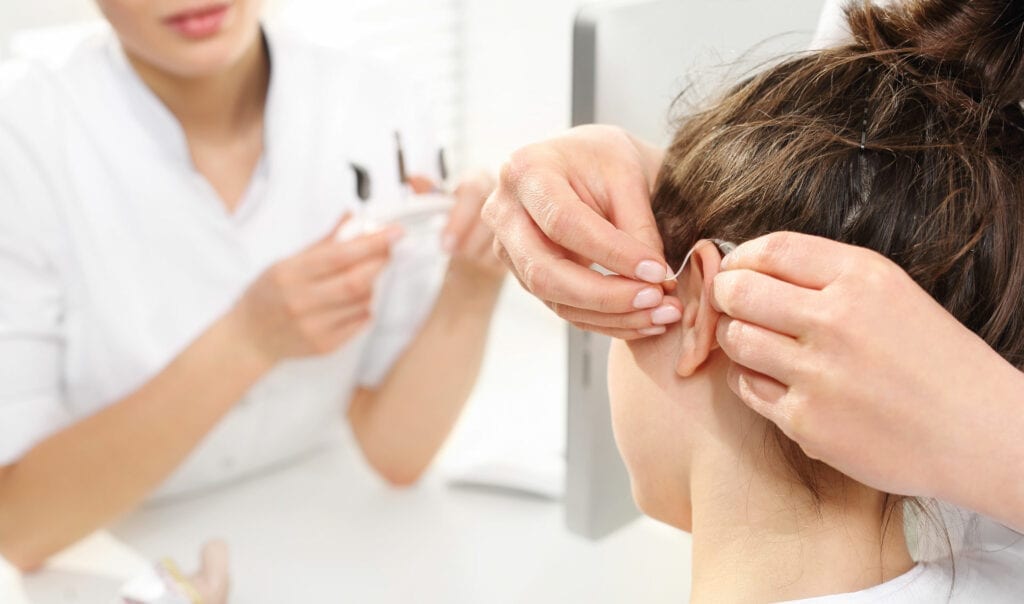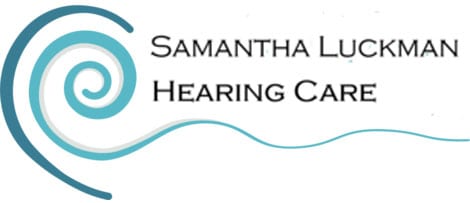When Should I Start Wearing Hearing Aids?
The importance of early intervention for maintaining good hearing health
Hearing loss is a common yet often overlooked health issue that can significantly impact your quality of life. Many people delay addressing hearing problems, either because they don’t realize the severity of their condition or because they believe it’s not urgent. However, the question “When should I start wearing hearing aids?” has a clear answer: as soon as you notice signs of hearing loss. Early intervention is key to maintaining good auditory processing, cognitive health, and overall well-being.
Signs That It Might Be Time For Hearing Aids

Hearing loss often develops gradually, making it easy to ignore or dismiss. Here are some early signs that may indicate it’s time to consider hearing aids:
- People Sound Like They’re Mumbling: If you frequently find it hard to understand speech, even when people are speaking clearly, it could be a sign of high-frequency hearing loss, which affects the ability to hear consonants like s, f, or th.
- Turning Up the Volume: Do you often need to increase the volume on the TV or radio to levels that others find too loud? This is a common early indicator of hearing loss.
- Struggling in Social Situations: If you find it harder to follow conversations in noisy environments, like restaurants or group gatherings, it could be a sign that your hearing is declining.
- Asking for Repetition: Frequently asking people to repeat themselves, especially when they’re not facing you, is a red flag. This is because visual cues like lip-reading often compensate for hearing difficulties.
- Fatigue After Conversations: Straining to hear can be exhausting. If you feel unusually tired after social interactions, it might be due to untreated hearing loss.
Why Early Intervention Matters

Ignoring hearing loss doesn’t just make it harder to hear—it can have far-reaching consequences for your brain health and overall well-being. Here’s why acting early is crucial:
- Preserving Auditory Processing: Your brain relies on consistent auditory input to process sounds effectively. When hearing loss goes untreated, the brain’s ability to interpret sounds can deteriorate over time, a phenomenon known as auditory deprivation. Wearing hearing aids early helps maintain this critical brain function.
- Cognitive Health and Hearing Loss: Research has shown a strong link between untreated hearing loss and cognitive decline, including an increased risk of dementia. A landmark study by Johns Hopkins University found that mild hearing loss doubles the risk of dementia, while severe hearing loss increases the risk fivefold. Hearing aids can help mitigate this risk by keeping your brain engaged and active. Source: Lin, F. R., et al. (2011). Hearing loss and incident dementia. Archives of Neurology, 68(2), 214-220.
- Social and Emotional Well-Being: Hearing loss often leads to social isolation, as individuals may avoid situations where communication is challenging. This isolation can contribute to depression and anxiety. Hearing aids can help you stay connected to loved ones and maintain an active social life.
- Physical Considerations: Although hearing aids are comfortable, they may take a bit of time to physically get used to. Hearing aids and their parts are small and can be a bit fiddly. Dealing with all these things earlier on, before dexterity and eyesight might need to be considered ensures the greatest success.
The Benefits of Wearing Hearing Aids Early

Protecting Your Brain: By addressing hearing loss early, you’re not just improving your hearing—you’re also supporting your cognitive health and reducing the risk of dementia.
https://www.thelancet.com/journals/lancet/article/PIIS0140-6736(24)01296-0/fulltext
Better adaptation: The sooner you start wearing hearing aids, the easier it is for your brain to adapt to amplified sounds. Delaying treatment can make the adjustment process more difficult. Just do it and get on with your life.


Improved quality of life: Hearing aids can enhance your ability to communicate, enjoy social activities, and stay engaged with the world around you. Instantly.
What To Do If You Expect Hearing Loss
If you’ve noticed any of the signs mentioned above, the first step is to schedule a hearing test with an audiologist. They can assess your hearing and recommend the best course of action, which may include hearing aids. There may be a referral for more tests with your GP or ENT department. Your issues may simply be due to excessive wax which can be treated painlessly and quickly!
Modern hearing aids are discreet, technologically advanced, and tailored to your specific needs, making them more comfortable and effective than they’ve ever been. So forget any old stories about ineffective hearing aids or your old Uncle Bert’s aids that used to be uncomfortable and whistle all the time – it’s not like that anymore. A good audiologist will give superb advice and ensure that at every single visit you are always at your hearing best.
Conclusion – So, When SHOULD I Start Wearing Hearing Aids?
The answer is simple: as soon as you notice signs of hearing loss. Early intervention not only improves your ability to hear but also protects your cognitive health and overall quality of life. Don’t wait until hearing loss starts to isolate you or impact your brain health. Take action today and invest in your hearing—and your future.
If you suspect you or a loved one may be experiencing hearing loss, don’t hesitate to seek professional advice. Your ears—and your brain—will thank you.
The Auricle
